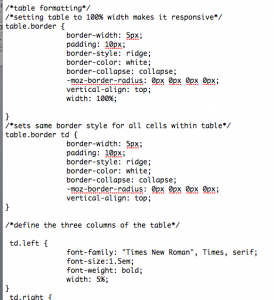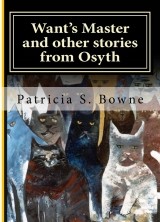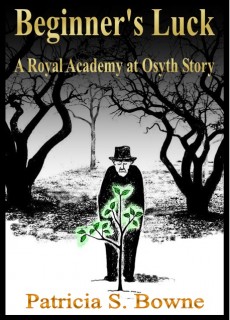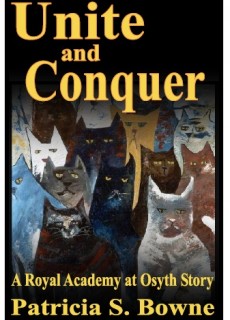Here’s an interesting article about debates on the concept of ‘wellness’ from the latest Chronicle of Higher Education (sorry, behind a paywall!) One of the things I like most about it is that the author welcomes vigorous debate about the underpinnings and worth of ‘wellness’.
Intellectually, the arguments of wellness skeptics excite because they question our most dearly held assumptions: What do you mean, healthy isn’t superior? How can a focus on wellness suggest social malaise?
The arguments she points out include that wellness diverts responsibility for people’s welfare from society onto the individual, adding health maintenance to an endless list of tasks that government could help with but has instead foisted onto us; that the people promoting wellness are often insufficiently trained and their maxims unreflective and self-contradictory; and that it’s faddish, classist activity for those with extra time and money.
I’m surprised that none of the people criticising wellness seem to have raised the critique my father always made – that it was “a G-d waste of time.”
My father did more exercise than ten other men. When he was in his sixties he could out-work men half his age. Not because he believed in wellness; because he believed in Doing Stuff. Yarding wood all summer, cultivating a two-acre vegetable garden, collecting wild food along the highways and byways, mowing the lawn with a hand scythe and raking it with hay-rakes; building log-cabin sheds and corduroy trails, hand-splitting fence rails, bringing groceries up the hill in a pedal-powered car, snowshoeing out into the woods to drag home Xmas greenery on a toboggan; even, for a brief but unforgettable period, hand-milling the family’s flour. I get a real hit of nostalgia, watching the losers’ punishments in Hell’s Kitchen.
Doing Stuff and Exercise were opposites. Doing Stuff meant that you ended up with Stuff! Exercise meant that you ended up with wasted time and nothing to show for it. It was acceptable as rehab, but the point of getting rehabbed was that you could then finally quit the exercise and go Do Stuff.
Coming out of this worldview, I see corporatized ‘wellness’ as just one more way we’re encouraged to make peace with the fact that society does not want most of us to be Doing Stuff for ourselves. All kinds of laws forbid us from Doing Stuff in our communities. We’re supposed to pay licensed people to Do Stuff for us, or buy our Stuff from corporations. And to make up for the fact that we no longer get to Do Stuff, we pay to pedal on the exercycle.
In her article, Dr. Petrezela points out the advantages of wellness activities for building social groups, supplementing inadequate medical services, empowering the overlooked. Yeah, I think, I suppose so, but where’s the Stuff? Does this kind of empowerment result in any real change? Or does it distract, for just a little while, from the fact that so many avenues for Doing Stuff have been closed off? When I read about more and more people in our country chronically unemployed, getting depressed, getting addicted, committing suicide, I can’t convince myself that what they need is Zumba.
What if in the end, for human flourishing and well-being, there is really no substitute for good old-fashioned Doing Stuff?













